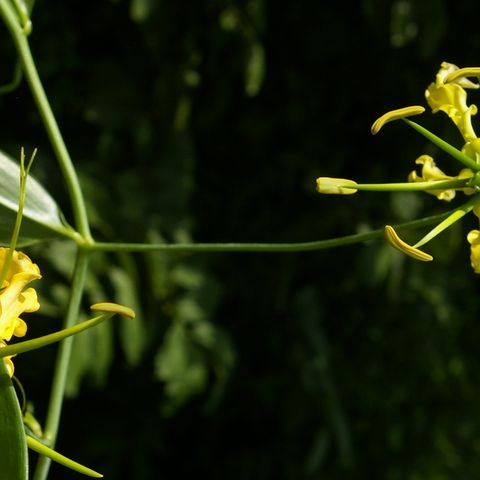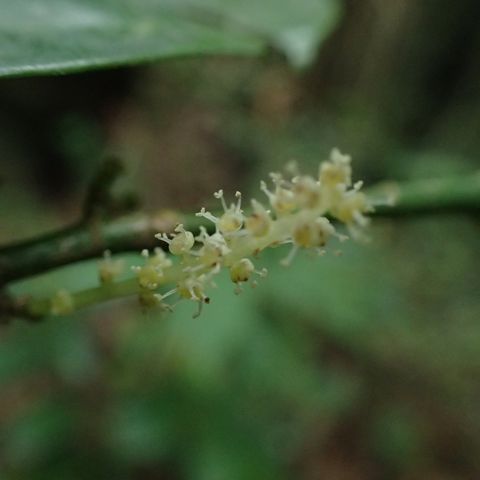Data mobilization and use require some level of institutional investment in both IT infrastructure and human resources. When organizations may have limited computing capacity, gaps in key computing and science skills or limited experience with data management, planned activities require an approach to address these gaps over both the short and the long term. Partners from outside the project can often support team members and bring in expertise and support to address these deficits.

Mobilizing primary biodiversity data for Mozambican species of conservation concern
Mozambique
With a large proportion of Mozambique’s population reliant on natural resources for their livelihoods, the country’s government has committed to poverty reduction through sustainable development, including the integration of biodiversity within decision-making processes. Current priorities focus on unique species and those important to livelihoods, so this project targeted mobilization of data on endemic and near-endemic species of plants, birds, reptiles, amphibians, insects and fish.
The National Herbarium of Mozambique (LMA) offered technical capacity by hosting an instance of GBIF's Integrated Publishing Toolkit (IPT). Registering project partners on the IPT enabled the team to build capacity across three key areas: taxonomy, data publishing and IUCN Red Listing. With knowledge exchange from the South African National Biodiversity Institute (SANBI) and training support through the GBIF training curriculum and the Royal Botanic Gardens, Kew’s Tropical Important Plants Areas initiative, a series of project workshops bore fruit in the form of nearly 190,000 new occurrence records from four Mozambican institutions available through both GBIF and the BioNoMo portal.

